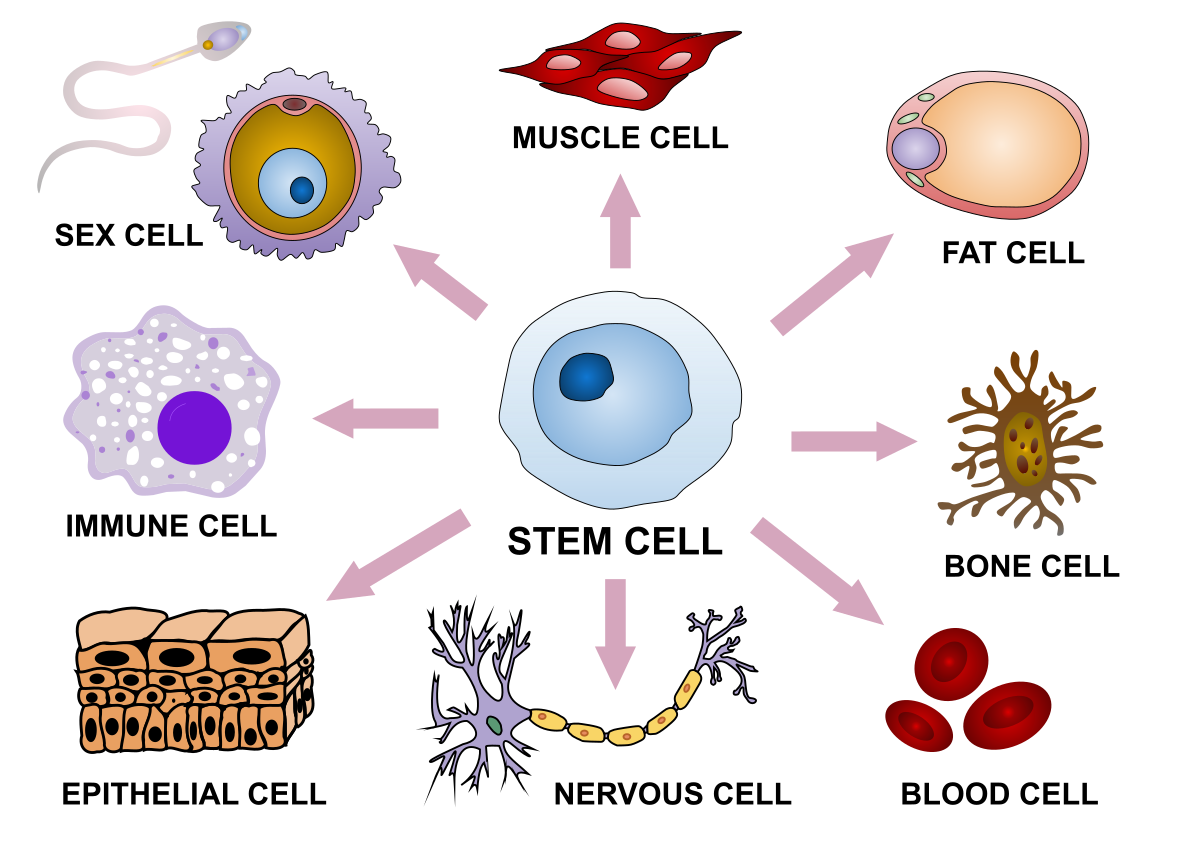You argue that I “believe” in an essential quality of a thing that is greater than the sum of its parts, state that since this merely a “belief” that this qualifies it as a religion, and that to legislate upon that belief is to violate the separation of Church and State. Conversely, I ask if your belief that a thing is only the sum of its properties is not, in itself, also a religion, and that to legislate upon it likewise violates the Establishment Clause? Please cf. @Augustinian’s argument in post #297.
I don’t recall saying anything about the sum of parts. I believe (and correct me if I’m wrong) that I talked about the sum of observable properties: molecular structure of proteins, composition of cells, and so on. Why does a zygote or early embryo have sufficient value or import to be protected by law? Either what is observable has objective or intrinsic value, or it has some unseen value as well.
One of the criticisms of atheism by Catholics is that without God to establish His will, there is no objective morality. But I think it would be safe to go beyond that: there’s no objective way to establish value, behavioral or otherwise.
You may say, “Well, a zygote is human. It’s a little human. There’s intrinsic value in that.” But that’s not actually true: to paraphrase a popular saying: “Value is in the eye of the evaluator.” To some would-be mothers, there’s not only little value, but a clear
negative value, in this early-stage pregnancy. She does not value this little bundle of human cells enough to suffer the consequences of carrying and possibly raising it.
So you have to say: “It doesn’t matter. My system of evaluation is the right one. It is, in fact, so right that we should not allow someone else to act contrary to it.”
From the secular perspective, this is kind of like you playing God. Who are you to tell them what they should or shouldn’t value? Why should they adopt your values rather than vice versa? What makes your opinion matter, and theirs irrelevant?
Your opinion is very clear, I think: you consider a zygote a human, and you believe that all humans have a right to protection, and that a zygote should therefore fall under the umbrella of legislation. I think this is a perfectly fair philosophical position, and I completely understand why it is important to you. However, the secular position is equally clear: a zygote has no memories or experiences, and so nothing tangible is lost in an early abortion-- and they are not compelled enough by the intangible values (potential to arrive at a certain state of development in the future, for example) to extend legal protection.
However, the right to self-determination is a value which almost ALL citizens in the US embrace. Therefore, where one value, namely the right to self-determination, is so uniformly accepted across the entire population, and another value, namely the “intrinsic” value of humanity even when it’s pre-sentient, is much less accepted, it should be obvious that the right to self-determination (i.e. a potential mother’s right to control her bodily functions) takes precedent.

